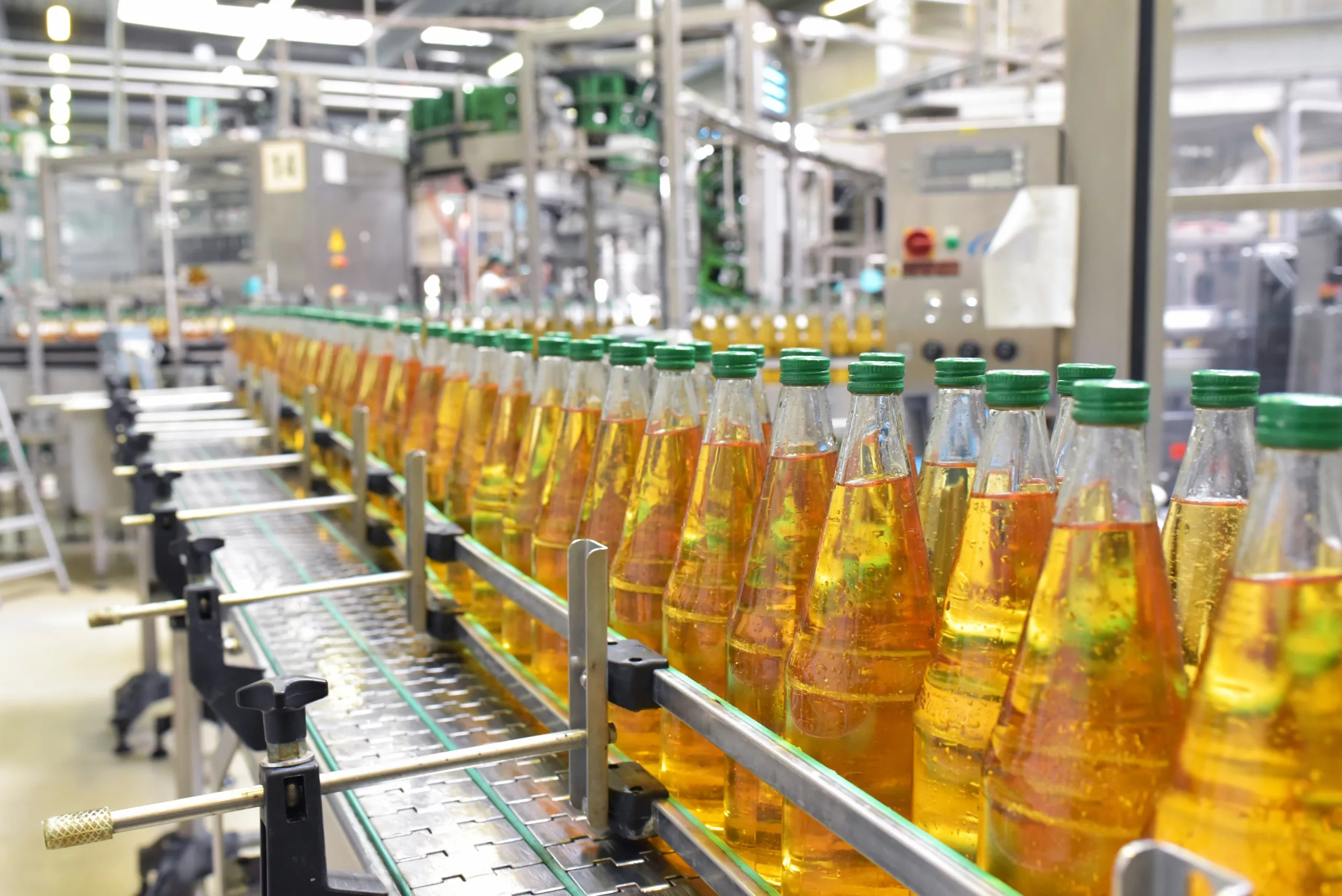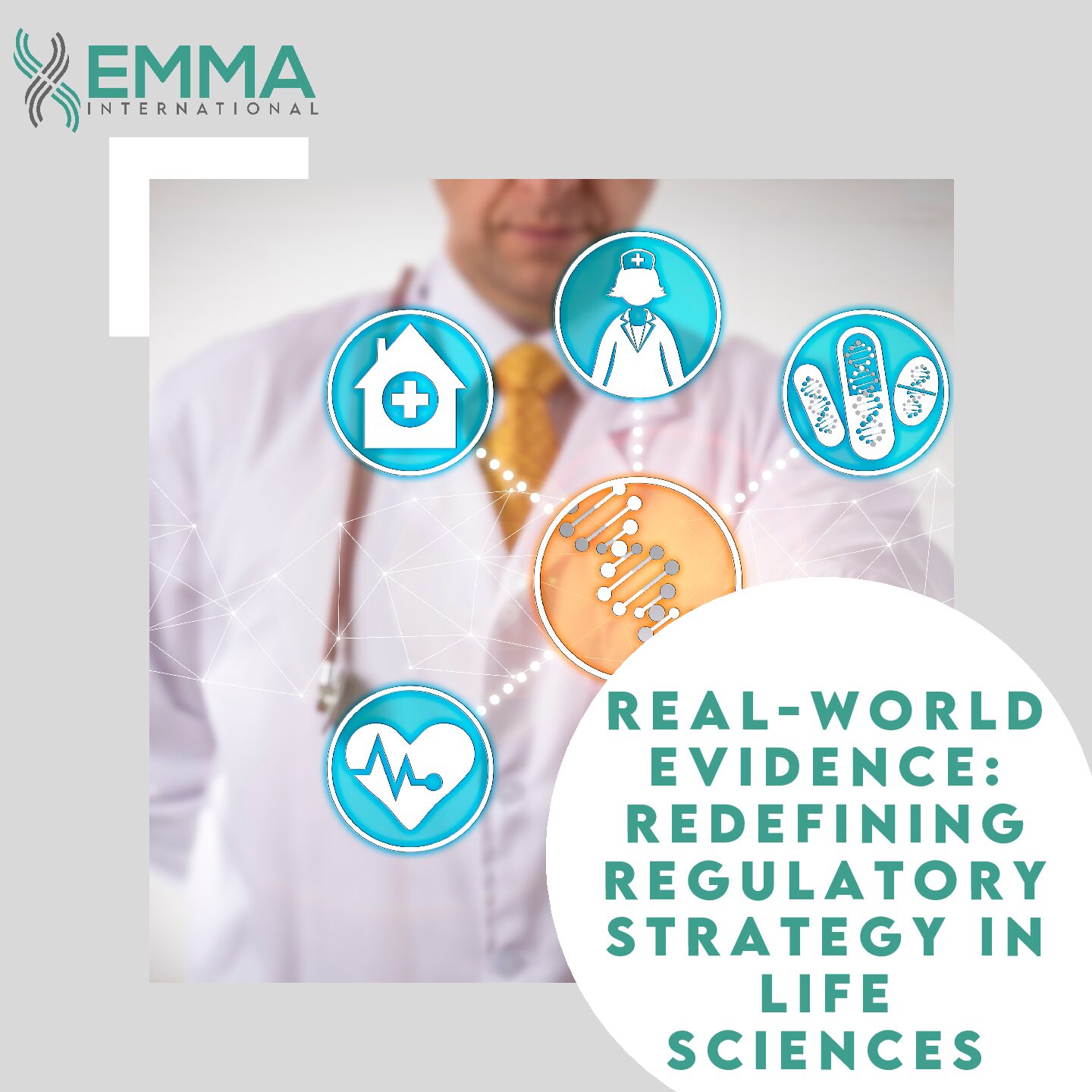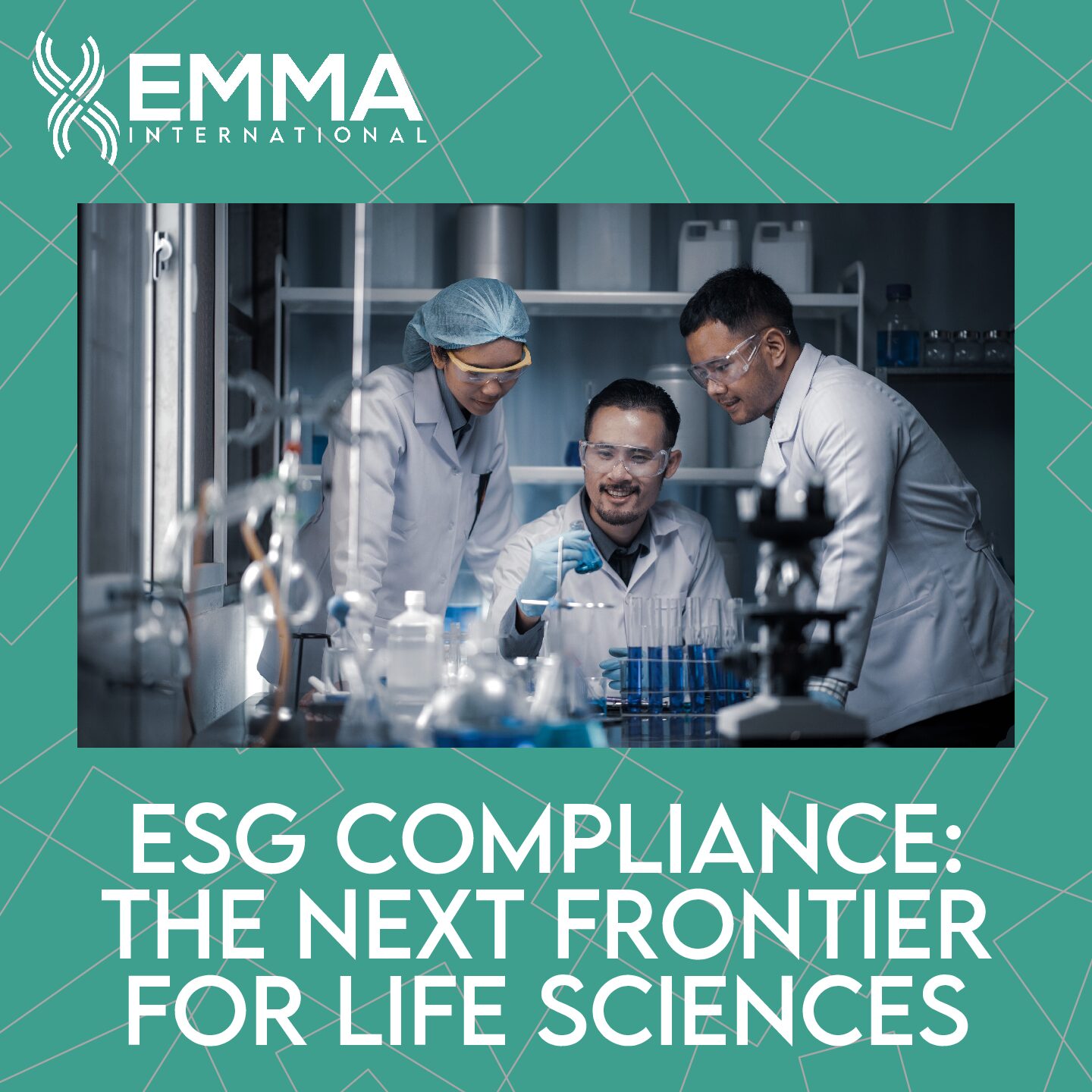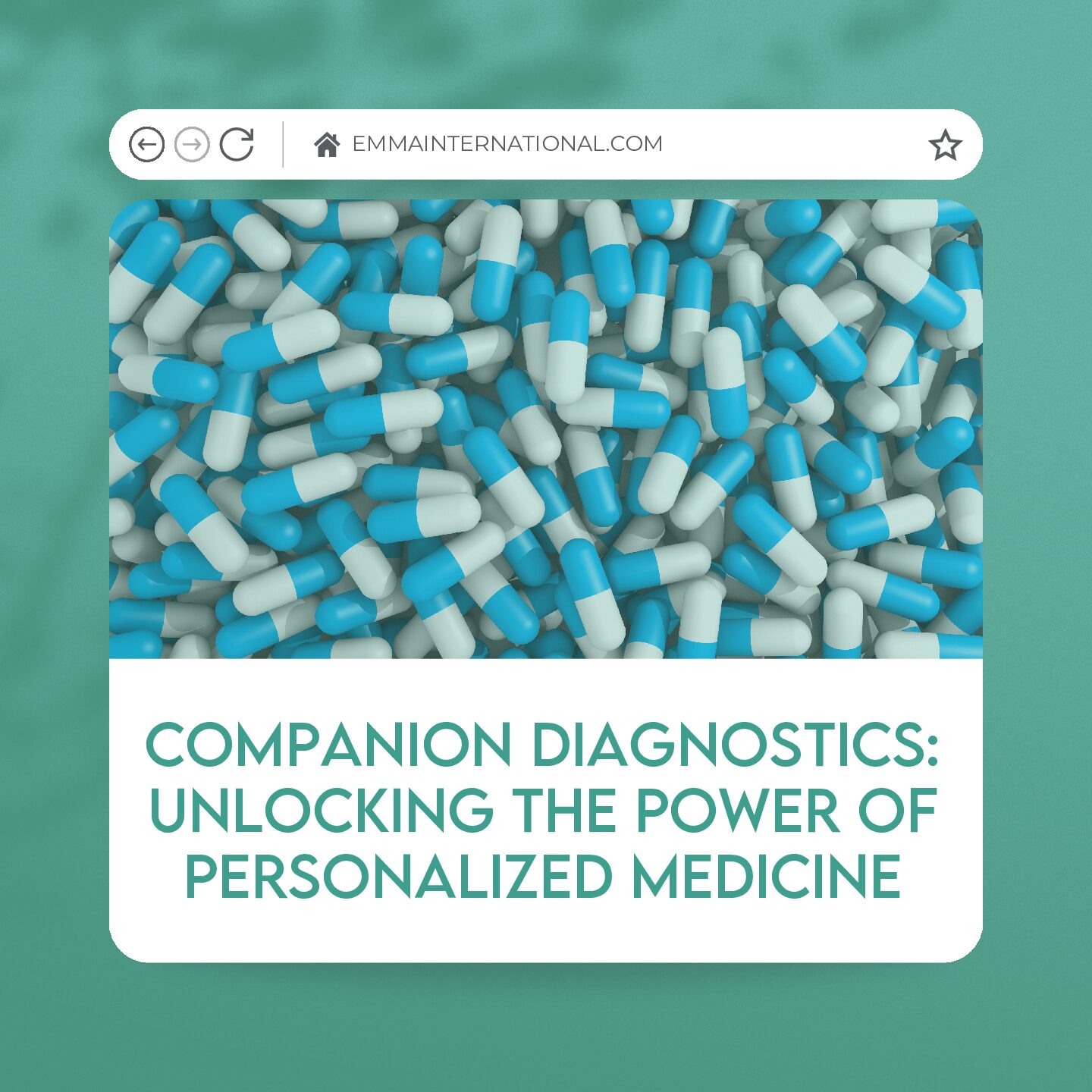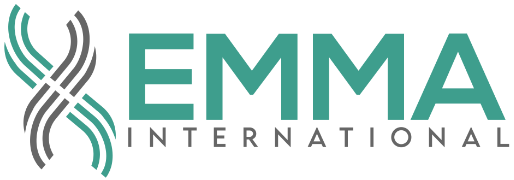One critical approach to maintaining good manufacturing practices in food manufacturing is the implementation of preventive controls. These controls are designed to identify and mitigate potential hazards before they can cause harm, ensuring that food products are safe for consumption. This blog discusses what preventive controls are, their importance in food manufacturing, and how they are implemented.
Preventive controls are proactive measures that food manufacturers implement to prevent, eliminate, or reduce hazards to acceptable levels. These controls are a fundamental component of modern food safety management systems and are mandated by regulations such as the Food Safety Modernization Act (FSMA) in the United States. The main goal of these controls is to shift the focus from reacting to food safety incidents to preventing them from occurring in the first place.
Key Elements:
Hazard Analysis:
- Identification of Hazards: The first step in preventive controls is conducting a thorough hazard analysis. This involves identifying potential biological, chemical, and physical hazards that could affect food safety.
- Risk Assessment: Once hazards are identified, they are assessed for their severity and likelihood of occurrence. This helps prioritize which hazards require preventive controls.
Process Controls:
- Critical Control Points (CCPs): These are specific points in the manufacturing process where controls can be applied to prevent or reduce hazards. For example, cooking at a specific temperature to kill harmful bacteria.
- Monitoring Procedures: Establishing procedures to monitor CCPs ensures that the process is under control. This might include temperature checks, pH measurements, or visual inspections.
Sanitation Controls:
- Cleaning and Sanitation Procedures: Regular cleaning and sanitation of equipment and facilities are crucial to prevent contamination. Detailed procedures outline the frequency and methods for effective sanitation.
- Pest Control: Implementing measures to prevent and control pests helps mitigate the risk of contamination from insects and rodents.
Allergen Controls:
- Allergen Management: Preventive controls must address allergen management to prevent cross-contact and ensure accurate labeling. This includes proper storage, handling, and cleaning procedures to avoid allergen contamination.
Supply Chain Controls:
- Supplier Verification: Ensuring that suppliers adhere to food safety standards is critical. This might involve audits, certifications, and testing of raw materials.
- Incoming Inspection: Verifying the safety and quality of incoming ingredients before they enter the production process.
Recall Plan:
- Recall Procedures: A well-defined recall plan ensures that unsafe products can be quickly removed from the market. This includes traceability systems to track products through the supply chain.
Preventive controls are designed to address potential hazards before they can cause harm, thereby enhancing the overall safety of food products. By identifying and controlling risks early in the production process, manufacturers can prevent foodborne illnesses and protect consumers.
Compliance with food safety regulations, such as the FSMA, requires the implementation of preventive controls. Adhering to these regulations is not only a legal obligation but also a crucial aspect of maintaining consumer trust and market access.
Implementing Preventive Controls begins with developing a food safety plan. A comprehensive food safety plan outlines how preventive controls will be implemented, monitored, and verified. This plan should be based on a thorough hazard analysis and include detailed procedures for each control measure.
Employees at all levels must be trained on the importance of preventive controls and their role in ensuring food safety. Ongoing education and training programs help maintain a culture of food safety within the organization.
Preventive controls require continuous monitoring to ensure they are effective. This involves regular testing, inspections, and audits. Any deviations from established procedures should be promptly addressed, and the controls should be updated as necessary.
Maintaining detailed records of hazard analyses, control measures, monitoring activities, and corrective actions is essential. Documentation provides evidence of compliance and helps identify areas for improvement.
Preventive controls are a cornerstone of food safety management, focusing on proactive measures to prevent hazards from compromising the safety of food products. By implementing comprehensive preventive controls, food manufacturers can enhance food safety, comply with regulatory requirements, protect their brand reputation, and achieve economic benefits.
Whether you are looking to comply with ISO 22000, need support with FDA/EPA regulations, or are looking for guidance with the Food Safety Modernization Act (FSMA), let our in-house Preventive Control Qualified Individuals (PCQIs) guide you every step of the way! Give us a call at 248-987-4497 or email info@emmainternational.com to learn more.
FDA (April 2019) Hazard Analysis and Risk-Based Preventive Controls for Human Food: Draft Guidance for Industry retrieved from: https://www.fda.gov/files/food/published/Draft-Guidance-for-Industry–Hazard-Analysis-and-Risk-Based-Preventive-Controls-for-Human-Food—The-Food-Safety-Plan-%28Chapter-1%29-Download.pdf

